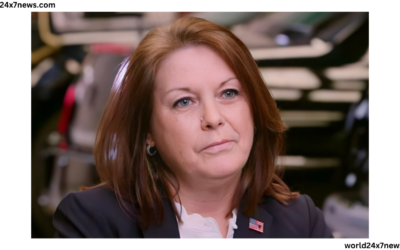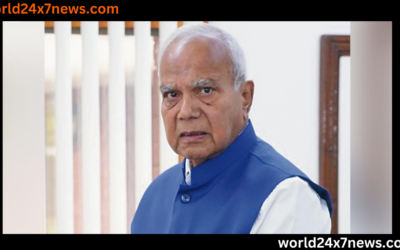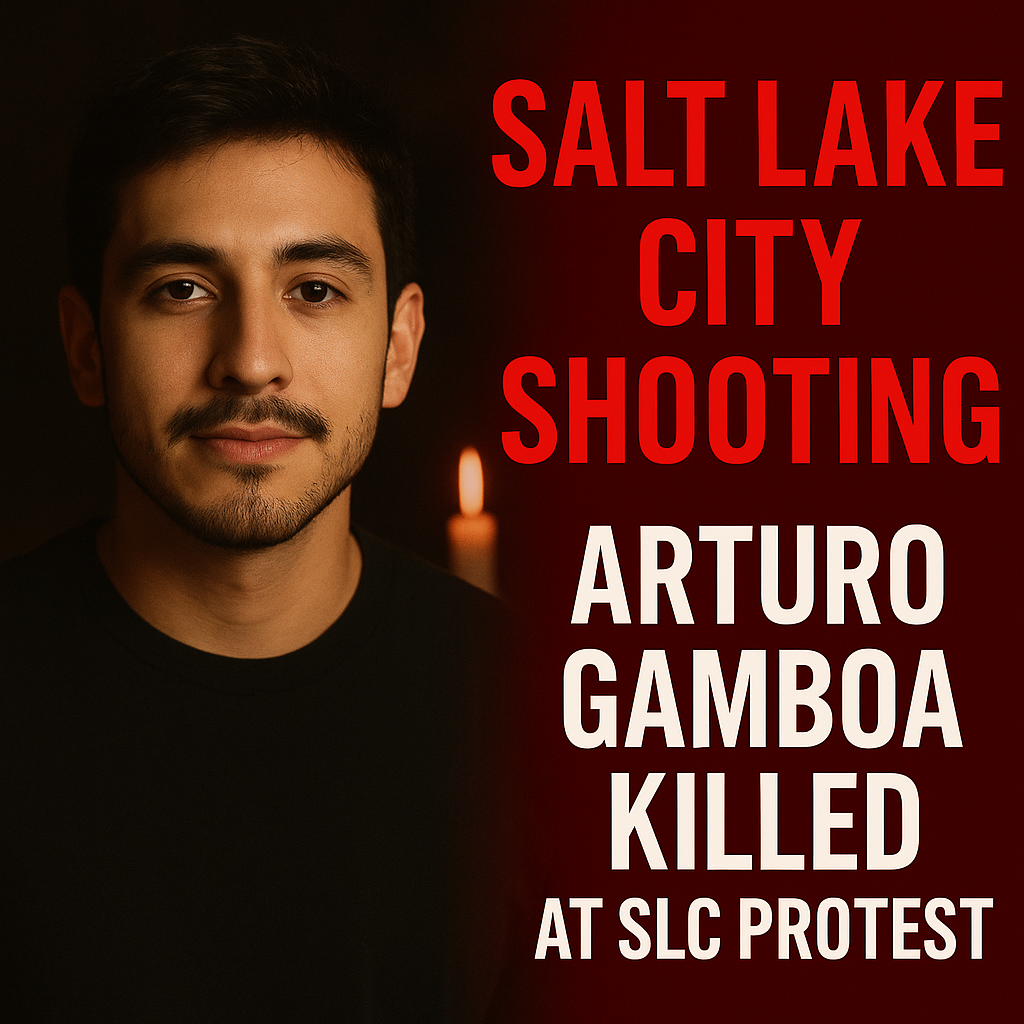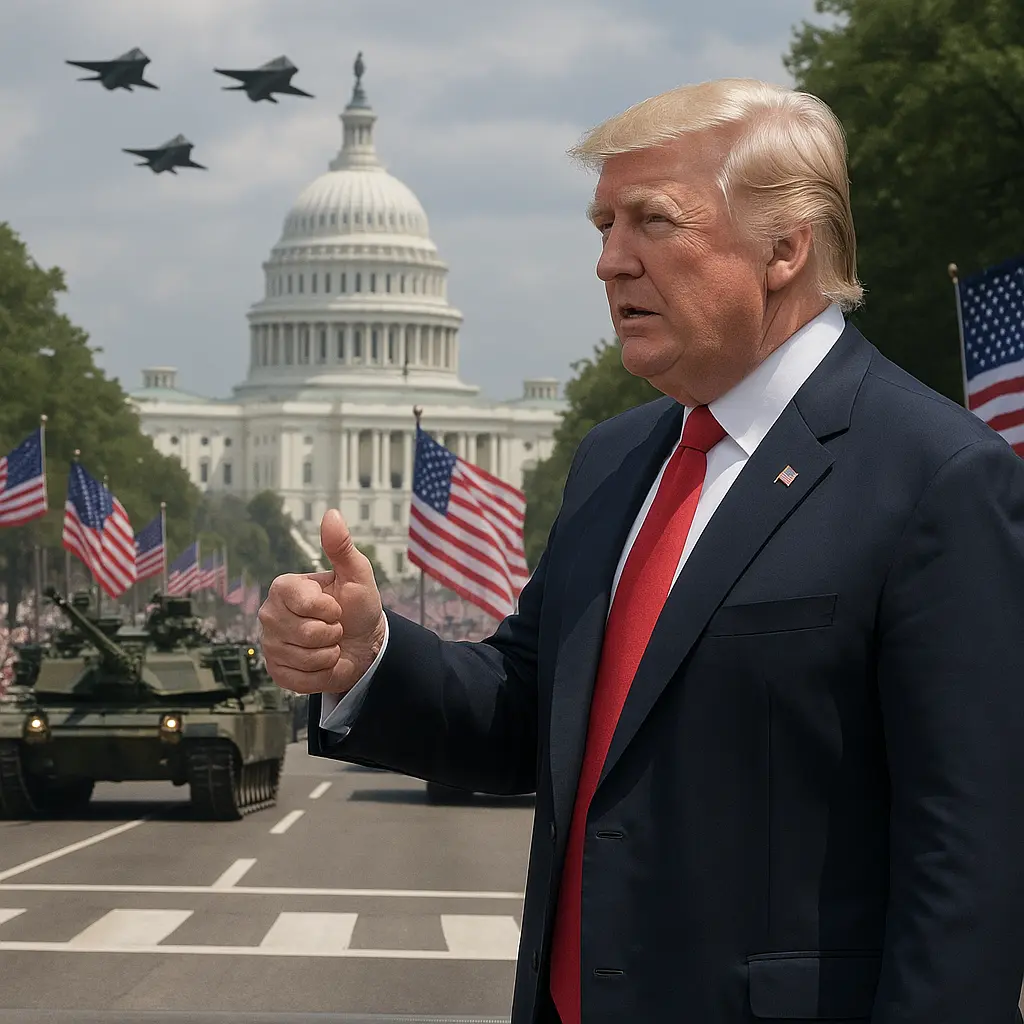Saudi Arabia host 2034 FIFA World Cup After Australia drops out

In an intriguing turn of events, Saudi Arabia has essentially secured the privilege of hosting the 2034 FIFA World Cup, as Australia withdrew from the competition merely hours before the FIFA deadline today.
The behemoth of the Middle East swiftly entered the fray right after the international football governing body proclaimed that the 2034 edition must exclusively take place in the Asian or Oceania regions.
The Gulf nation expeditiously garnered extensive support, including the endorsement of Sheikh Salman bin Ibrahim Al Khalifa, the President of the Asian Football Confederation (AFC), as Australia emerged as the sole contender.
However, the co-hosts of the 2023 FIFA Women’s World Cup have opted to abstain, shifting their focus towards the 2026 AFC Women’s Asian Cup and the 2029 Club World Cup.
“We have meticulously examined the prospect of vying for the honor of hosting the FIFA World Cup, and, having meticulously considered all pertinent factors, we have arrived at the decision to abstain from doing so for the 2034 competition,” as stated in a communiqué issued by Football Australia.
“Instead, we are of the belief that we find ourselves in a formidable position to serve as the host for the most venerable women’s international competition globally, the AFC Women’s Asian Cup™ 2026, and subsequently, to extend our hospitality to the preeminent teams in global football for the 2029 FIFA Club World Cup.
“Such an accomplishment, coupled with the staging of the FIFA Women’s World Cup in Australia and New Zealand in 2023™, along with the forthcoming Brisbane 2032 Olympic Games, would indeed epitomize a truly illustrious decade for Australian football.
“In the context of international tournament hosting, the temporal zones of Australia present significant opportunities for broadcasters, positioning us within close reach of an audience numbering in the billions throughout Asia and Oceania, thereby contributing to a robust commercial prospect for the tournaments.”
This development would mark the apex of Saudi Arabia’s ambitious endeavor to establish itself as a prominent player in the global sports arena. The kingdom has already made substantial investments, procuring a multitude of renowned football stars for their domestic league, acquiring the English club Newcastle, launching the groundbreaking LIV Golf tour, and serving as the host for significant boxing matches.
When FIFA granted the hosting rights for the 2030 World Cup to a collaborative proposal from Spain, Portugal, and Morocco—incorporating games in South America as well—just earlier this month, they swiftly initiated the 2034 hosting competition. This accelerated timeline allowed only member federations in Asia and Oceania to partake in the bidding process.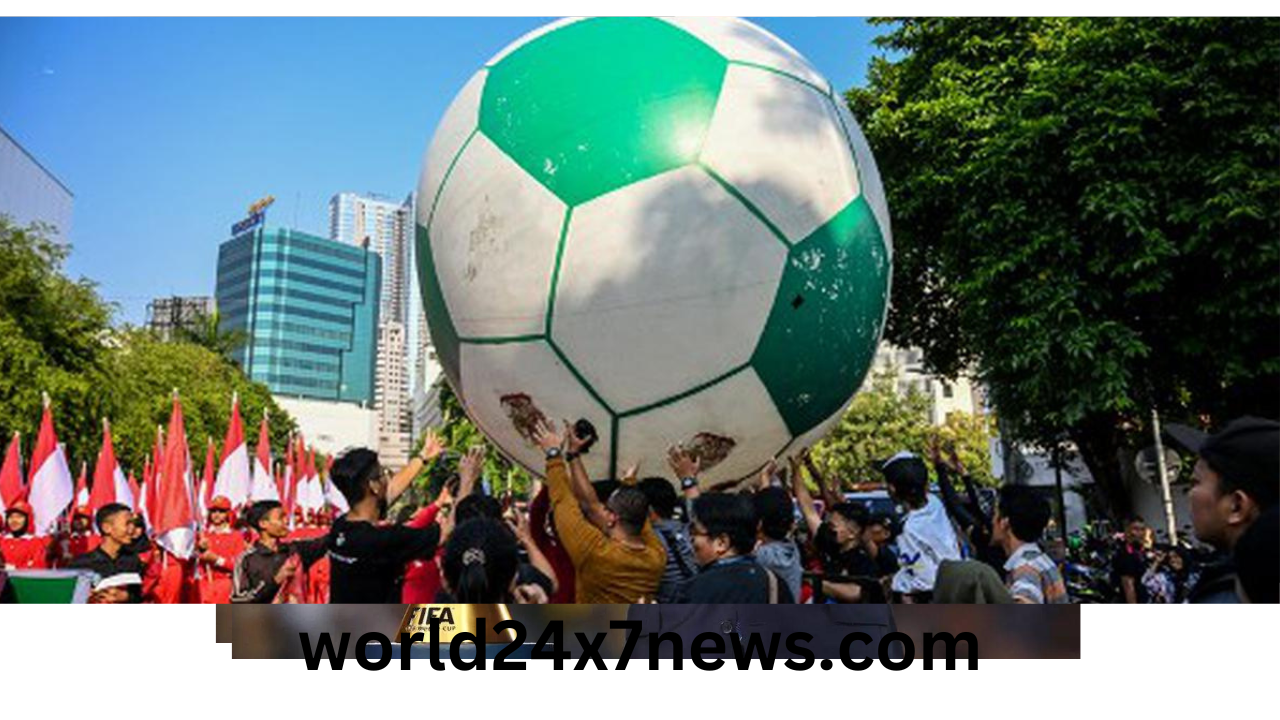
The stringent timeframe allocated less than four weeks for nations to officially enter the competition and merely one additional month to formalize a bidding agreement necessitating government endorsement. Shortly after FIFA’s announcement, the Saudi Arabian Football Federation unveiled its intentions to submit a bid, with the backing of the Asian Football Confederation (AFC), reinforcing their aspiration to bring the World Cup back to the Middle East, following Qatar’s successful hosting of the 2022 edition.
“In 2034, playing host to a FIFA World Cup would be instrumental in realizing our aspiration to emerge as a prominent global sports nation, signifying a pivotal moment in our nation’s evolution,” stated Saudi Arabia’s Sports Minister, Abdulaziz bin Turki Al Faisal.
“As a burgeoning and hospitable haven for all sporting endeavors, we are firmly convinced that hosting a FIFA World Cup represents the logical progression in our football odyssey.”
Minky Worden, the Director of Global Initiatives at Human Rights Watch, raised concerns, stating, “The potentiality of FIFA granting Saudi Arabia the privilege to host the 2034 World Cup, despite its deplorable human rights record and the absence of any monitoring mechanisms, exposes FIFA’s professed commitment to human rights as a mere facade.”
Saudi Arabia’s Crown Prince, Mohammed bin Salman, has faced allegations of “sportswashing.” In a recent interview with Fox News, he responded, “If ‘sportswashing’ were to bolster my GDP by a mere 1 percent, I would unhesitatingly pursue it.”
He continued, “I’m undeterred. I aim to achieve a further 1.5 percent growth in GDP from sports, regardless of how you choose to label it. We are steadfast in our pursuit of that additional one-and-a-half percent.”






